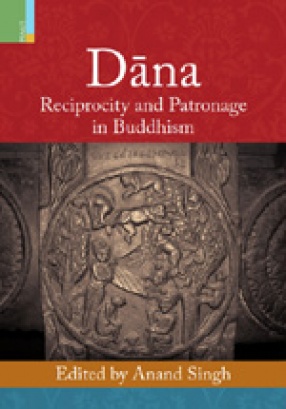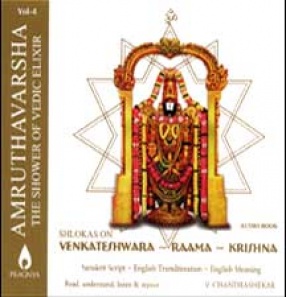Dana: Reciprocity and Patronage in Buddhism explores the concept of dana in Buddhism as a primarily rational and ethical phenomenon and examines its superimposing, mythic, and cultic dimensions. Scholars who have contributed to this volume have attempted to place dana in the context of contemporary religious traditions in relation to various sects and traditions of Buddhism, re-examining established hypotheses and challenging extreme opinions that are prone to exaggeration. It elucidates evolution, transition, and maturity of the process of dana in different phases of Buddhism. The Buddha introduced the practice of dana to sustain his monastic community. Subsequently its character transformed with the division of Buddhism into different sects and traditions. Some of the papers specifically deal with ideological differences and changes in nature of reciprocity, patronage, and possessions.
This book will be of lasting pertinence to not just scholars of Philosophy, Religious Studies and Cultural Studies, but also lay readers interested in Buddhist religious practices tracing it from medieval times in India.








There are no reviews yet.